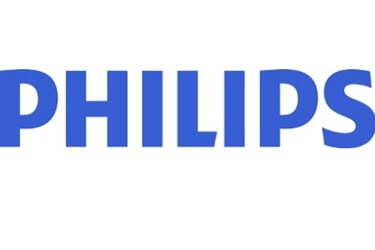Philips Signs $36M Patient-Monitoring Partnership With South Carolina Hospital System

By Jof Enriquez,
Follow me on Twitter @jofenriq

Royal Philips announced recently an eight-year, $36 million deal to provide patient monitoring services for Medical University of South Carolina Health (MUSC Health). It's Philips' fifth, long-term, strategic deal with a North American hospital.
Under the agreement, Philips will install, integrate, and manage patient monitoring systems and software at four hospital facilities in Charleston and more than 100 outreach sites across South Carolina. The agreement will improve the MUSC health system's clinical practice based on defined monitoring configurations, as well as enable integration and interoperability with other clinical IT systems. The objectives are for MUSC to shorten patients' lengths of stay and lower the rate of complications, adverse events, and readmissions — all important metrics in the outcomes-based model of medical technology reimbursement.
“We want to give our staff, learners, and patients access to the best patient monitoring technologies in order to deliver on the highest quality, safest, and most reliable healthcare through the use of Philips patient monitoring equipment across our entire enterprise,” said Patrick J. Cawley, MD, CEO, MUSC Health, in an announcement. “As one of the leading academic health centers in the country, whose value proposition is transforming expertise, learning and discovery into unrivaled patient-centered care in every setting, partnering with Philips will help us to meet our goal of delivering an exceptional patient care experience.”
Philips'sdeal with MUSC is the fifth such deal it has made with North American hospitals, which increasingly prefer long-term, comprehensive, enterprise management types of contracts with medical suppliers. Philips already has forged multi-year deals with Westchester Medical Center Health Network (WMCHealth) in New York, Marin General Hospital in California, Georgia Regents Medical Center (GRMC) in Georgia, and Mackenzie Health in Ontario, Canada. Philips also has an existing alliance with Mount Sinai Health System on digital pathology and clinical research of complex diseases, such as cancer.
“Due to a growing aging population and the rising number of people with chronic diseases, healthcare providers are seeking more cost-effective ways to monitor, diagnose, and treat patients,” said Frans van Houten, CEO of Royal Philips. “As the healthcare industry is evolving, long-term, strategic partnerships are becoming the business model of choice, allowing health systems to address value-based models and keep pace with technology, while improving the patient experience. Together, Philips and MUSC can offer patients access to more than a century of experience in healthcare innovation and deliver an exceptional patient experience and quality care, while managing the rising healthcare costs.”
Medtech companies like Philips, Johnson & Johnson, GE Healthcare, and Medtronic have been pursuing risk-sharing agreements with hospitals wherein manufacturers agree to compensate hospitals if devices do not meet clinical standards. In this setup, device companies get to accelerate uptake of new products and services, while hospitals get to use the latest in medical technology.
